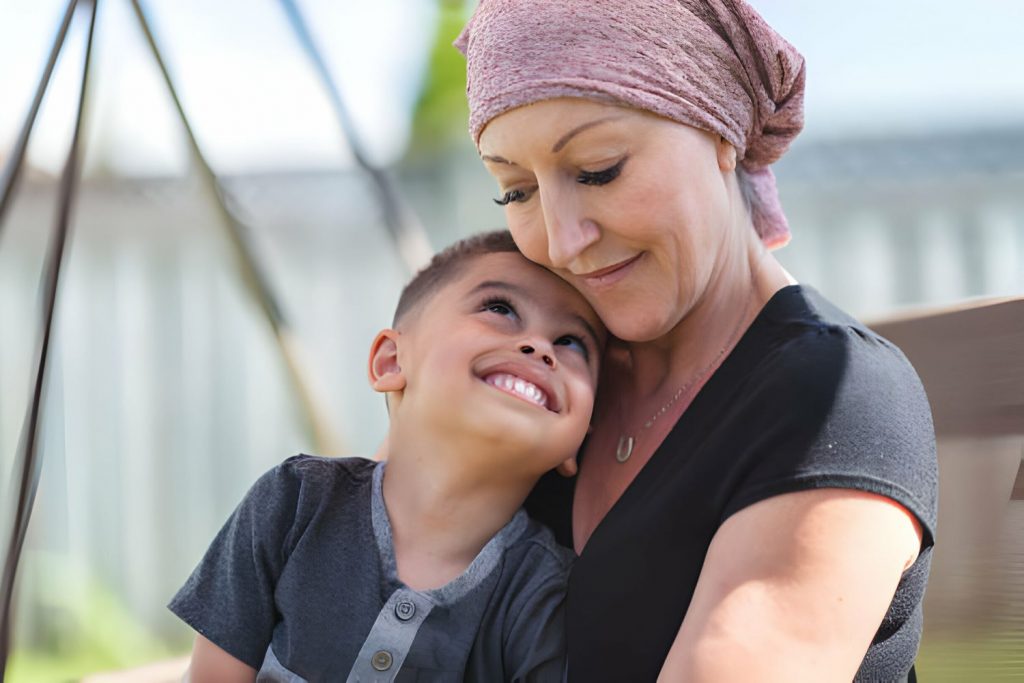In modern medicine, cancer treatment typically involves aggressive therapies such as chemotherapy and radiation.
While these treatments are vital in combating cancer, there’s increasing acknowledgment of the need for holistic cancer care.
This holistic approach encompasses not only medical interventions but also lifestyle changes, including dietary modifications. The Increasing interest in the role of nutrient-rich foods in supporting cancer patients throughout their treatment journey.
Understanding Cancer and Nutrition
Cancer involves abnormal cell growth that can spread throughout the body. The treatment of cancer often involves a multi-faceted approach, including surgery, chemotherapy, radiation therapy, immunotherapy, and targeted therapy. However, the importance of nutrition in cancer care should not be underestimated.

Cancer care associates plays a critical role in supporting the body’s immune system, maintaining energy levels, managing treatment side effects.
Promoting overall well-being during cancer treatment. Cancer patients often experience a the symptoms and side effects that can affect their appetite, ability to eat, and nutritional.
These may include nausea, vomiting, loss of appetite, taste changes, difficulty swallowing, and weight loss. Addressing these nutritional challenges is essential for supporting the patient’s overall health and quality of life.
The Role of Nutrient-Rich Foods
Nutrient-rich foods are those that are dense in essential vitamins, minerals, antioxidants, and other bioactive compounds that promote health and well-being.
These foods provide the body with the nutrients it needs to function optimally, support the immune system. Incorporating nutrient-rich foods into their diets can be especially beneficial in supporting their bodies through the treatment and recovery.
Some examples of nutrient-rich foods include fruits, vegetables, whole grains, lean proteins, healthy fats, and legumes. These foods are not only packed with essential nutrients but also contain phytochemicals and antioxidants that have been shown to have anti-cancer properties.

By incorporating a variety of nutrient-rich foods into their diets, cancer patients can provide their bodies with the tools they need to fight the disease and maintain their overall health.
Fruits and Vegetables
Fruits and vegetables are powerhouse foods that are rich in vitamins, minerals, fiber, and antioxidants. They provide essential nutrients such as vitamin C, vitamin A, folate, potassium, and phytochemicals like flavonoids and carotenoids.
These nutrients play key roles in supporting the immune system, reducing inflammation, and protecting cells from damage.
Certain fruits and vegetables have been specifically studied for their potential anti-cancer effects. Cruciferous vegetables like broccoli, cauliflower, kale, and Brussels sprouts contain compounds known as glucosinolates.
Which have been shown to inhibit cancer cell growth and promote detoxification processes in the body. These nutrient-dense foods into your diet not only supports overall health but may also contribute to resilience during cancer care.
Whole Grains
Whole grains are another important component of a cancer-fighting diet. Unlike refined grains, which have been stripped of their bran and germ layers during processing.
Whole grains retain all parts of the grain, including the fiber, vitamins, and minerals. This makes them a richer source of nutrients and provides numerous health benefits.
Fiber, in particular, is abundant in whole grains and plays a crucial role in digestive health and regularity. Diets high in fiber have been associated with a lower risk of colorectal cancer, as fiber helps to promote bowel regularity and reduce the time that potentially harmful substances spend in the colon.
The vitamins and minerals found in whole grains, such as B vitamins, magnesium, and selenium, support overall health and may help protect against certain types of cancer.
Lean Proteins and Healthy Fats
Proteins are essential for building and repairing tissues, supporting immune function, and maintaining muscle mass during cancer treatment. Lean sources of protein, such as poultry, fish, tofu, beans, and lentils, provide high-quality protein without excessive amounts of saturated fat.
Including adequate protein in the diet can help cancer patients maintain their strength and energy levels, especially during periods of treatment-related fatigue.
Healthy fats, such as those found in avocados, nuts, seeds, and olive oil, are also important for overall health and well-being. These fats provide essential fatty acids, such as omega-3 and omega-6 fatty acids, which play roles in inflammation regulation, cardiovascular health, and brain function.
While it’s important to consume fats in moderation, incorporating healthy fats into the diet can help cancer patients meet their calorie needs and support optimal nutrient absorption.
The Culinary Approach to Cancer Care
Dietary approach to Cancer Care Integrating nutrient-rich foods into the diets of cancer patients can be approached from focusing on flavorful and satisfying meals that nourish both the body and the soul.
By incorporating a variety of colors, flavors, and textures, meals can be made more appealing and enjoyable for patients.
Flavorful and Nourishing Recipes
Cancer patients may face challenges with appetite and taste changes during treatment, making it important to focus on creating meals that can flavorful and nourishing. Experimenting with herbs, spices, and citrus flavors can help enhance the taste of foods and make them more appealing.
Mindful Eating Practices
Focusing on the nutritional content of foods, incorporating mindful eating practices can also be beneficial for cancer patients. Mindful eating involves attention to the sensory experience of eating, including the taste, texture, and as well as recognizing hunger.
Conclusion
In conclusion, the healing power of nutrient-rich foods cannot be overstated, especially in the context of cancer care. Fruits, vegetables, whole grains, lean proteins, and healthy fats into their diets, cancer patients can provide their bodies essential nutrients.
They need to support immune function, maintain energy levels, and promote overall well-being. Approaching nutrition from a culinary perspective can make meals more enjoyable and satisfying for patients.











